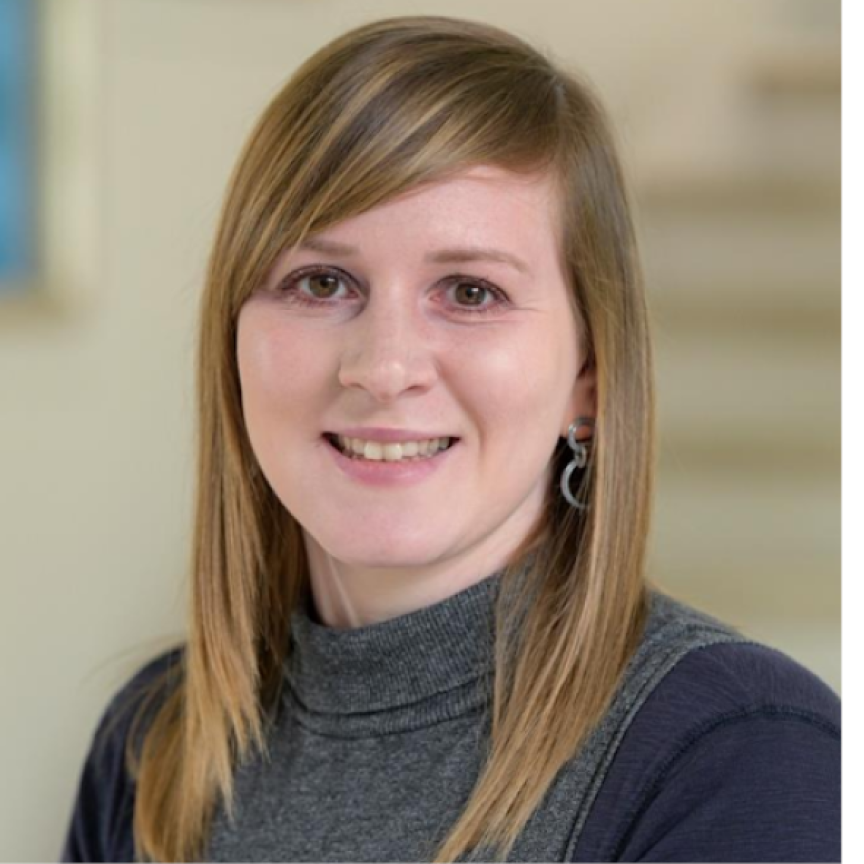A massive network of computer programs co-created by University of Manchester scientists could revolutionise healthcare around the world, saving countless lives and billions of pounds. Working with a number of partners, the academics have been awarded funds from a huge European research programme to create 'virtual patients' – computational models of individual people – which could lead to everyone having their own individually-tailored health system based on their genetic and physiological make-up.
Under the system, doctors would be able to have an instant, in-depth knowledge of an individual patient’s health needs and medical history at their fingertips. This will allow GPs to correctly and quickly diagnose illnesses and conditions, saving patients from potentially-deadly side effects of wrongly-prescribed medicines and saving huge amounts of money on drugs.
The University of Manchester researchers are part of a pan-European, 10-year project, called IT Future of Medicine (ITFoM), costing €1bn. This project has been allocated €1.5m preliminary funding.
A consortium of more than 25 academic institutions and industrial partners with expertise in ICT, the life sciences, public health and medicine have come together to begin the process of bringing the project to life.
As it progresses, even more partners will come on board, ultimately making this one of the largest collaborative endeavours since the Apollo space programme. A vast array of ICT developments must take place in order to make this medicine of the future a reality. This will include new techniques for the rapid acquisition and evaluation of patient data, dynamic storage and processing of real time patient data into relevant mathematical models and the development of new systems that can learn, predict and inform. These are needed to provide healthcare professionals and patients with unprecedented insights into matters of health and treatment.
The first goal is to give each GP the power to use a person‘s individual genome to inform every stage of disease management – through diagnosis, treatment and follow-up. This will require a revolution in ICT technologies so that relevant computing, storage, networking and modelling technologies are developed.
The IT systems will create mathematical models using vast amounts of data – our knowledge to date about how humans work. ITFoM will also provide scenarios – such as what would happen if a patient takes a certain medicinal drug, what would happen if they started running three times a week?
Through genome sequencing and clinical information gathered, the general model will be able to be adapted to suit the particular health demands of any individual, including such issues as allergies, congenital defects and current treatment.

